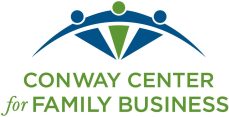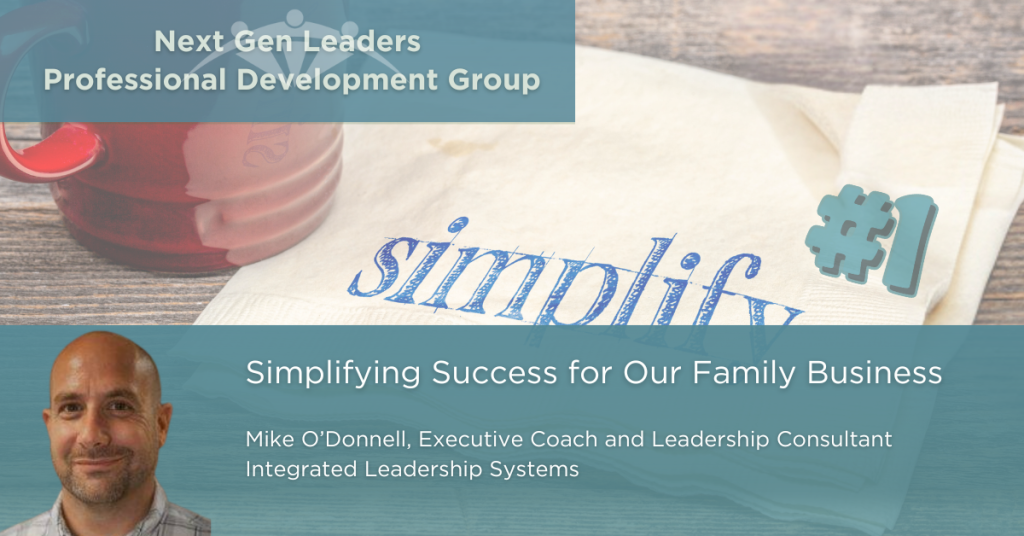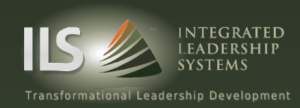Before I became an executive coach and consultant, I was a teacher. I spent the better part of 20 years in the classroom, and the positive impact that my students and I had on each other was immeasurable. When I think about what set me on the path toward becoming a teacher, I remember Mr. Mike Smith, my high school science teacher. The first day of his class we didn’t spend any time talking about science. We didn’t go over the curriculum, or the syllabus, or talk about homework or classroom norms. Instead, Mr. Smith took that first day and told us his story. Where he came from. What his life was like growing up. How he’d chased after monetary and career success to the point of wrecking his marriage and ruining his life and coming to a point where he didn’t think life was worth living any more. And how that all turned around when he met his second wife and he found his purpose and gave up the life he had been living for a life of service, and family, and faith.
What I remember most about Mr. Smith was that he was a human being, and he cared deeply about me and my future. I don’t remember what he taught me about chemistry or physics, but his example inspired me to become a teacher, and it’s his impact on me that allowed me to have an impact on my students. When it came to teaching, Mr. Smith was my one person.
Gary Keller and Jay Papasan co-authored a book called The One Thing, and this was the source of our inspiration for our most recent Next Gen Leaders professional development group. The focus of the book is to distill the important parts of our life into the “one thing” that makes all the difference.
Getting to the one thing helps us move toward success and fulfillment because it helps us to understand the foundation of all we do, and by doing that we can simplify the journey toward the successes we seek. Some of the points in the book direct the reader to identify one thing in several key areas. What is one product, or one service that your business provides? Companies like Starbucks and KFC focused on one main product and built success around coffee and chicken.
Who is your one person, someone who has helped you at one stage of your life with a key impact? For me it was Mike Smith. For Sam Walton it was his father-in-law, who loaned Sam the money that eventually built Wal-Mart. What is your one passion, your one skill? That passion or skill serves to be the thing that you build your business and your life around. Maybe it’s serving people through finance, or communications, or perhaps marketing. (The One Thing, 17-22)
Our Next Gen Leaders group focused our discussion on a few key questions. One of those questions was: “What is one thing our family business needs to improve?” Of course, we could all think of several things we need to improve upon. Focusing our time and attention on one thing at a time gives us the clarity to see what one step we can take toward that change. It’s been said that the journey of a thousand miles starts with one step. It’s also true that multi-tasking is a myth. The truth is that we can only focus our attention effectively on one thing at a time, and so simplifying allows us to take the right step in the right direction.
Another question we considered was: “What’s one thing our family business is really good at?” This is not only an opportunity to recognize the positive and practice gratitude; it’s also an opportunity to inform how we can handle some of the challenges we face. If, for example, our family business is really good at showing appreciation for our people, we can use that strength in implementing changes that might cause some disruption. Implementing change in business is never easy. If our people know that we appreciate them, and if we continue to communicate that amid the changes we need to make, we are more likely to limit the disruptions and maintain our positive culture. In addition, when people know they are valued and appreciated, they are much more likely to support whatever changes need to be made and work together toward helping one another through the process.
Applying this concept of the one thing to other areas of our business gives us the ability to reduce stress. Thinking about confrontation, we may consider one thing we can do to make the conversation more productive, or one thing we can do to communicate psychological safety to the employee we need to confront. Considering sales, we might think about one thing we can communicate to potential clients, that will establish trust. If we’re struggling with employee retention, we might find one question we can ask that would help us better understand our culture.
The one thing can be applied to any part of our life and lead us to desired outcomes without us being overwhelmed or overworked. It can help us gain traction and get clarity around the most important elements of our business. As we look ahead to 2025, perhaps starting the year with simplifying may be a good approach to the things we hope to accomplish, in our family business, and in the rest of our lives.
Mike O’Donnell
Executive Coach
Leadership Consultant
Integrated Leadership Systems
If you are a next generation family business member who is interested in topics that address leadership roles in your family-owned business, please join us at these Next Gen Leaders monthly sessions. Contact Amy at adotts@familybusinesscenter if you have any questions about this group.


